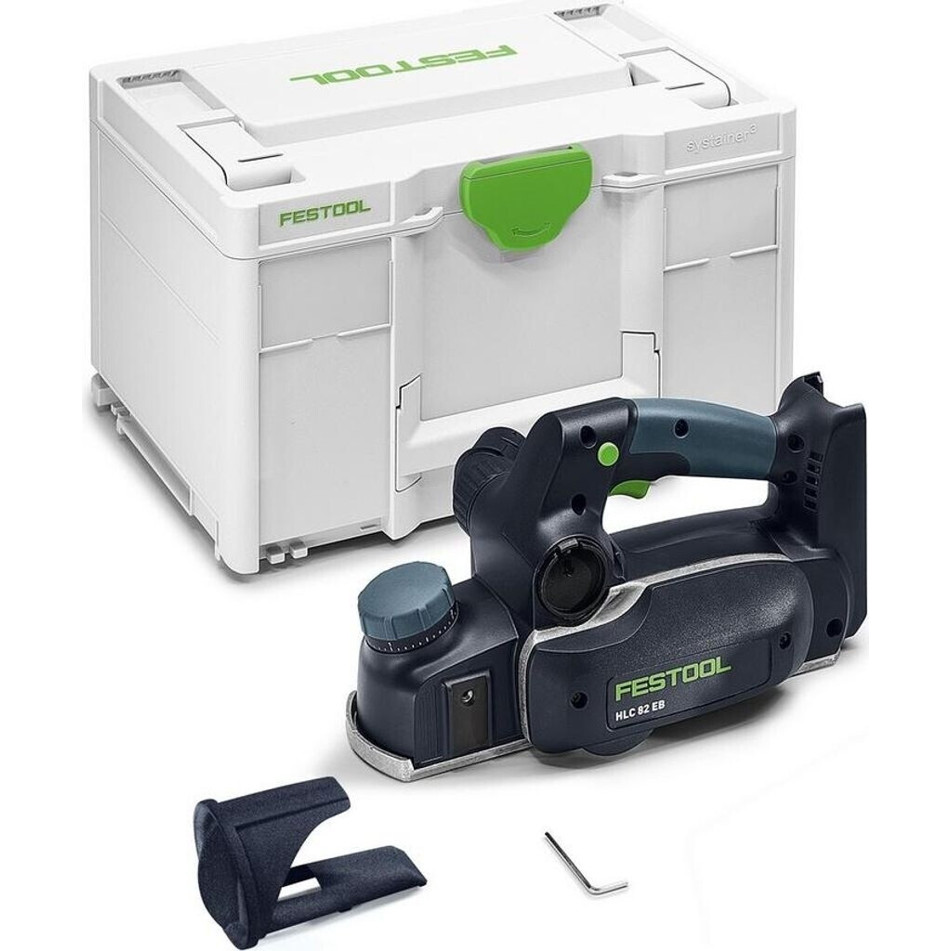Affordable Planers and Thicknessers: A Comprehensive Guide for Woodworkers
Woodworking lovers understand that having the right tools is necessary for creating premium projects. Amongst these tools, planers and thicknessers play an essential function in attaining smooth, even surfaces on lumber. Nevertheless, discovering budget-friendly options in the market can often be an obstacle. This post aims to offer an extensive analysis of cheap planers and thicknessers, helping woodworkers make an informed decision without breaking the bank.
Understanding Planers and Thicknessers
Before diving into the budget-friendly options, it's essential to comprehend what planers and thicknessers are, how they operate, and their differences.
What is a Planer?
A planer is designed to shave wood down to a preferred thickness and to produce a smooth, flat surface area. It can remove product from one side of a piece of lumber, leveling it while doing so. Planers can be hand-held or benchtop models, with automatic feed choices available.
What is a Thicknesser?
A thicknesser, frequently referred to as a thickness planer, is particularly concentrated on achieving an uniform thickness throughout the entire width of the wood. While Mauernutfräse Test can likewise smooth surface areas, its primary purpose is to cut the lumber down to an accurate thickness. These devices can be important for woodworking applications where exact dimensions are a must.
Key Differences: Planer vs. Thicknesser
| Function | Planer | Thicknesser |
|---|---|---|
| Function | Smoothing and leveling | Attaining uniform thickness |
| Design | Can be portable or stationary | Normally bigger and more robust |
| Feed Mechanism | May differ (handbook or automatic) | Often has an integrated feed system |
| Suitable Use Cases | Flattening surfaces | Preparing lumber for final dimensions |
Why Choose Cheap Options?
Premium planers and thicknessers can cost hundreds or even thousands of dollars. However, many economical alternatives exist today that offer excellent efficiency without jeopardizing excessive on quality.
Benefits of Using Affordable Tools
- Cost-Efficiency: Save cash while still getting tools efficient in dealing with different woodworking jobs.
- Accessibility: Ideal for enthusiasts who want to experiment without a high preliminary financial investment.
- Entry-Level Use: Perfect for beginners to woodworking who may not yet require professional-grade equipment.
Suggested Affordable Planers and Thicknessers
Here's a list of a few of the very best affordable alternatives for planers and thicknessers currently offered on the market:
Affordable Planers
| Model | Price Range | Key Features | Best For |
|---|---|---|---|
| DeWalt DCP580B | ₤ 150 - ₤ 200 | Cordless, double-sided blade, ergonomic design | General woodworking |
| Makita 1806B | ₤ 180 - ₤ 260 | Powerful 15-amp motor, adjustable depth, light-weight | Do it yourself jobs |
| Bosch PL1632 | ₤ 120 - ₤ 170 | 6.5-amp motor, easy blade change, dual-grip design | Little tasks and trims |
Inexpensive Thicknessers
| Design | Price Range | Key Features | Best For |
|---|---|---|---|
| DeWalt DW734 | ₤ 400 - ₤ 500 | 15-amp motor, 3-blade design, adjustable height stop | Versatile thicknessing |
| Wen 6550T | ₤ 300 - ₤ 400 | 15-amp motor, portable design, large infeed and outfeed | Beginners and hobbyists |
| Delta 22-550 | ₤ 450 - ₤ 600 | 13-inch cutting width, adjustable conveyor speed | General wood preparation |
Considerations When Buying Cheap Planers and Thicknessers
Before purchasing, there are a number of essential factors woodworkers ought to think about to guarantee they invest wisely:
- Power: Look for a machine with adequate power ranking appropriate for your prepared work.
- Cutting Width: Ensure the width meets your job requirements, specifically for larger measurements.
- Develop Quality: Even at lower prices, you want the machine to have a long lasting develop to withstand routine use.
- Blade Options: Consider models that allow for simple blade replacement; they can save money and time in the long run.
- Mobility: If you have limited space, compact and portable designs can assist maximize your workshop.
FAQ Section
1. What's the difference between a planer and a thicknesser?
A planer mostly levels and smoothens surfaces on one side, while a thicknesser trims wood down to a consistent thickness across the whole board.
2. Are cheap planers and thicknessers trustworthy?
While more affordable models may do not have some sophisticated functions, lots of budget-friendly alternatives can offer reputable performance for home use and light professional work.
3. Can I use a planer on wood?
Yes, most planers can manage hardwood, but make sure that your design has sufficient power and quality blades for the best results.
4. How often should I alter the blades?
It's a good idea to inspect the condition of your blades frequently. Replace them when they show indications of dullness or splintering in the cut.
5. Can I utilize a thicknesser for rough-sawn lumber?
Yes, a thicknesser is perfect for processing rough-sawn lumber into dimensioned boards.
Selecting an inexpensive planer or thicknesser does not mean compromising on quality. By considering the right functions and alternatives customized to your woodworking needs, it is possible to find reliable tools that won't empty your wallet. Whether Abricht Und Dickenhobel Günstig 're a hobbyist or seeking to augment your workshop's capabilities, these budget-friendly tools can facilitate smoother, more precise woodworking experiences. Pleased crafting!

